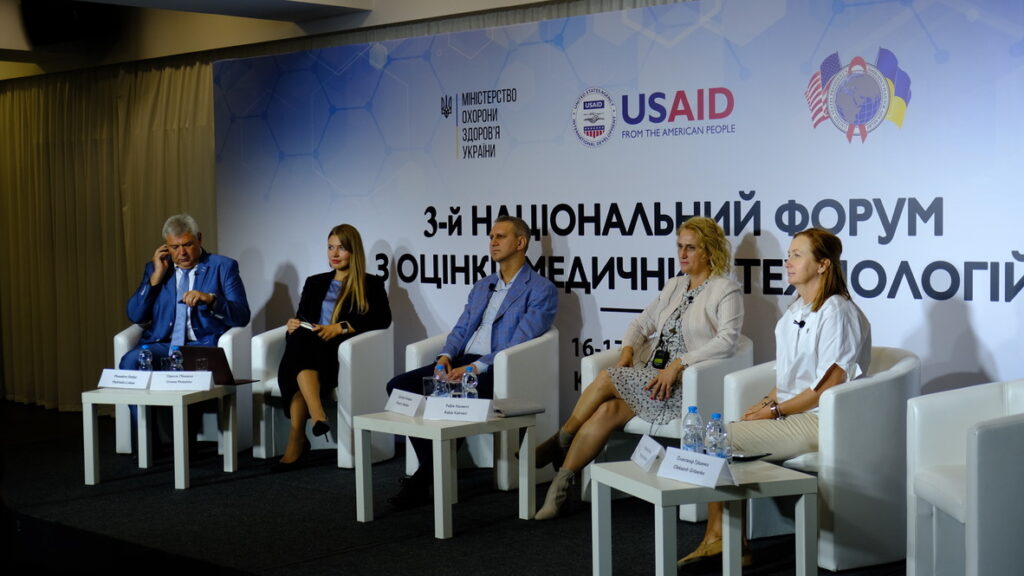Increasing Equity among Community-Based Health Insurance Members in Rwanda
Increasing Equity among Community-Based Health Insurance Members in Rwanda
Abstract
The community-based health insurance (CBHI) scheme launched by the Government of Rwanda (GoR) reached 91% of the population in 2010, starting from 7% in 2003. Initially, all CBHI members paid the same fees, regardless of their personal income, and the poorest citizens faced challenges in paying premiums (almost US$1.50 per person). A mechanism was thus urgently needed to guarantee access to health care for the most vulnerable and promote equity among members. The GoR decided to introduce a stratification system based on the socioeconomic status of the population, referred to as Ubudehe. Together with partners, including the Integrated Health Systems Strengthening Project (IHSSP), the GoR developed a national database that stratifies Rwandan citizens by income. To date, more than 10 million residents’ records, representing 96% of Rwanda’s population, have been entered into the database. This database helped identify the most vulnerable based on socioeconomic status (about 25% of the population). Identification of the poorest among the population has allowed an increase in CBHI funds due to identification of individuals who have a greater capacity to pay. The database thus improved the financial viability and management capacity of the CBHI scheme.
